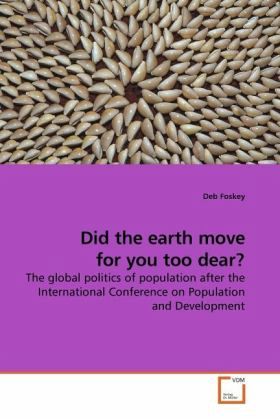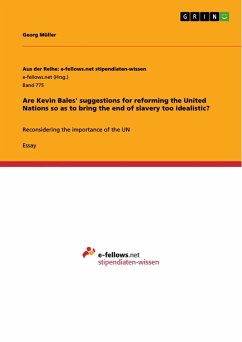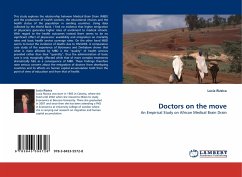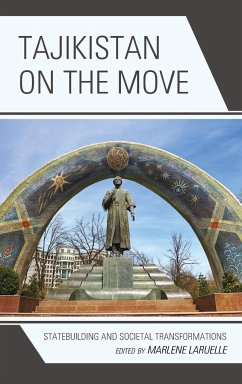
Did the earth move for you too dear?
The global politics of population after the International Conference on Population and Development
Versandkostenfrei!
Versandfertig in 6-10 Tagen
52,99 €
inkl. MwSt.

PAYBACK Punkte
26 °P sammeln!
The International Conference on Population and Development held in Cairo in 1994 set a new framework for the consideration of population issues. Due to a well-organised global campaign by feminists the language of women's reproductive rights and health permeates the Programme of Action. But did the ICPD change the world, as Nafis Sadik, Executive Director of UNFPA, claimed? The author contends that the focus on human rights overlooked the conditions necessary for realising them: political economy and development issues. The influence of Bush in the US and globally and economic crises in Indone...
The International Conference on Population and Development held in Cairo in 1994 set a new framework for the consideration of population issues. Due to a well-organised global campaign by feminists the language of women's reproductive rights and health permeates the Programme of Action. But did the ICPD change the world, as Nafis Sadik, Executive Director of UNFPA, claimed? The author contends that the focus on human rights overlooked the conditions necessary for realising them: political economy and development issues. The influence of Bush in the US and globally and economic crises in Indonesia and other countries left only the rhetoric of Cairo, at least for a time. As well, key players in developing countries, like the World Bank and International Monetary Fund, insist on policies which reduce access to affordable and high quality reproductive health services. Population permeates but is rarely made explicit in International Relations although demography shapes security policies. Challenged by a population of 9 billion by 2050, along with accelerating climate change there is much to be learned from the campaign that brought feminists and environmentalists together at ICPD.












